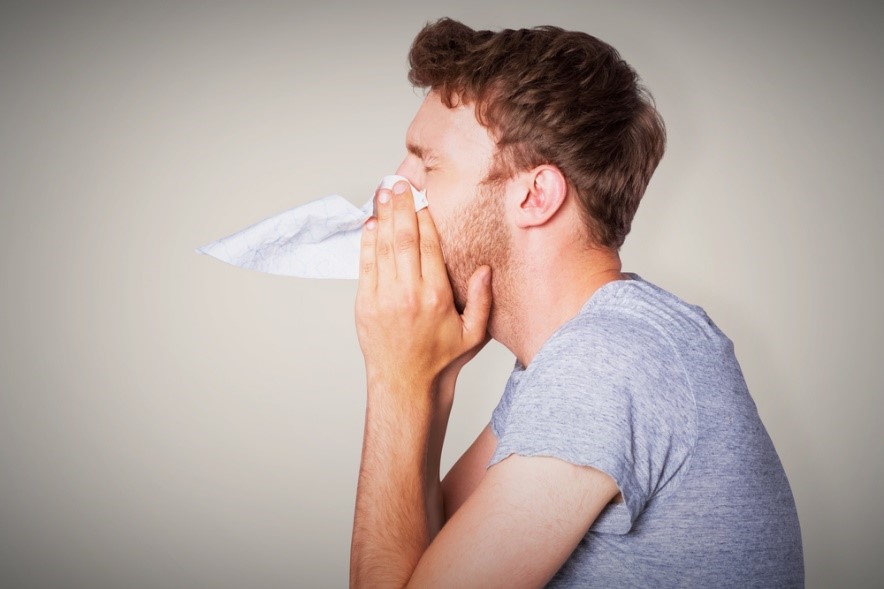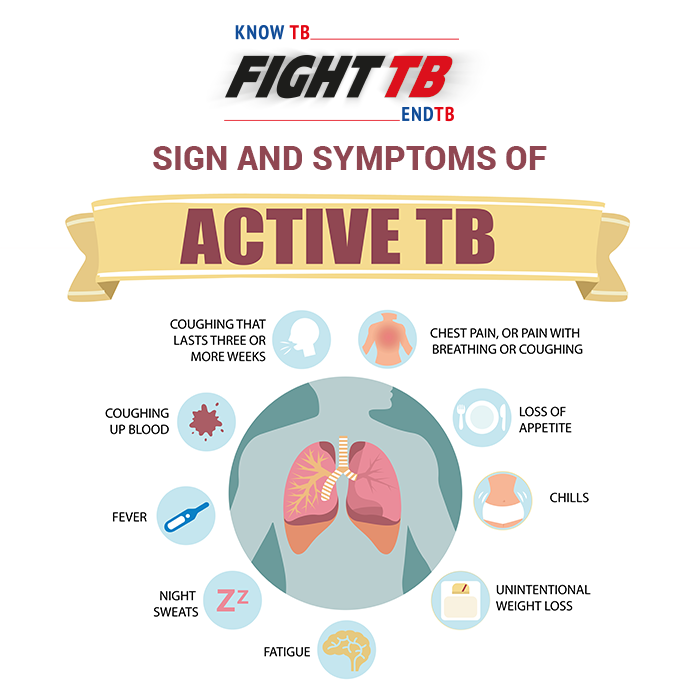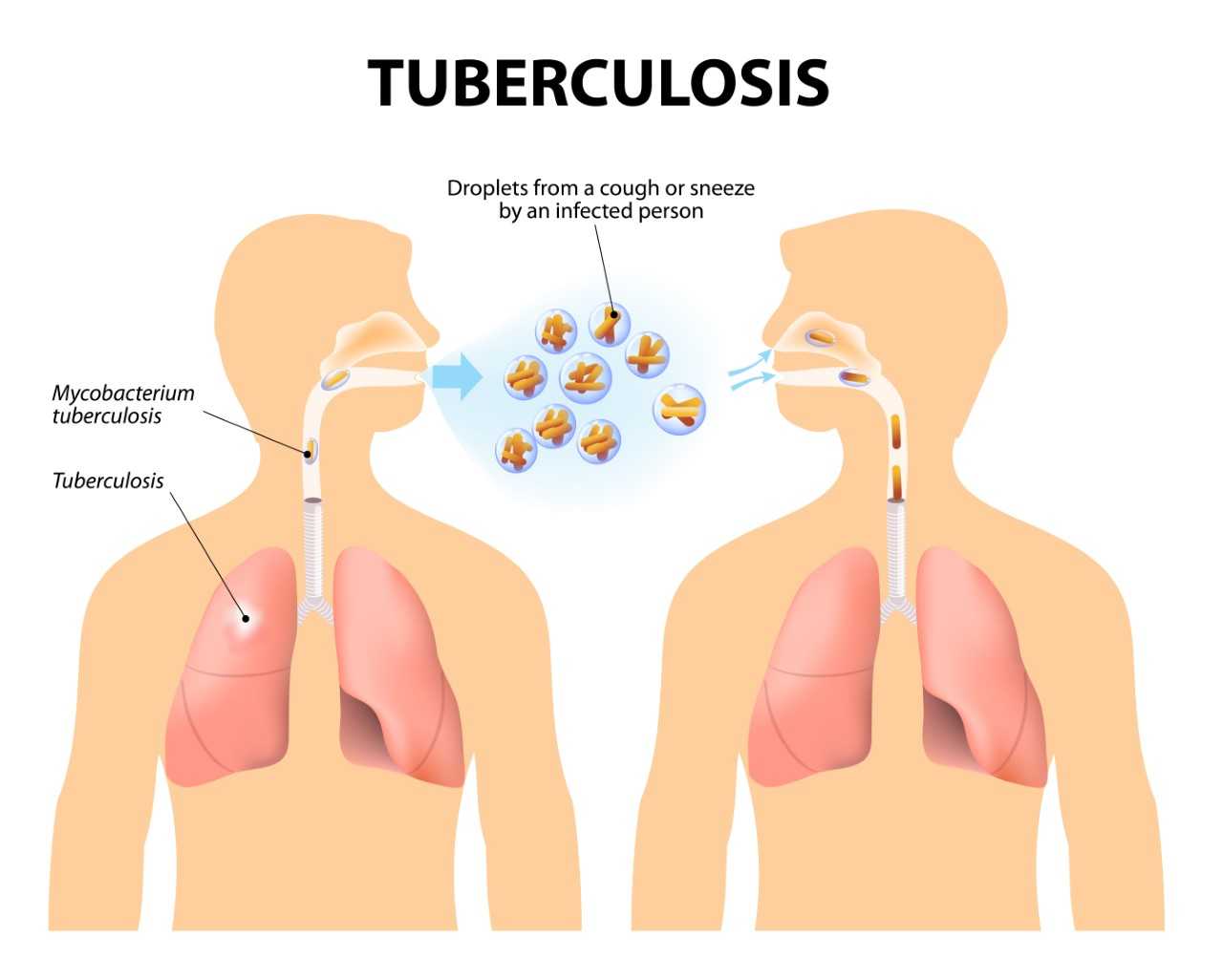Link between Air Pollution and Respiratory Issues

Air pollution and respiratory issues are closely linked, with exposure to polluted air leading to a wide range of respiratory problems. Pollutants such as particulate matter, nitrogen dioxide, sulphur dioxide, and ozone can cause lung disease symptoms, leading to significant health concerns, particularly for vulnerable groups such as children, the elderly, and individuals with pre-existing conditions like asthma or chronic obstructive pulmonary disease (COPD). When these harmful substances enter the respiratory system, they irritate the airways and lungs, resulting in inflammation and a deterioration of lung health.
As cities become more industrialized and urbanized, understanding the connection between air pollution and respiratory health is crucial for improving overall lung health. Addressing these environmental factors is essential in mitigating the risks associated with chronic lung diseases and enhancing the well-being of individuals affected by respiratory disorders.
1. Irritation of the Airways
Pollutants like particulate matter (PM), ground-level ozone (O3), nitrogen dioxide (NO2), and sulphur dioxide (SO2) can irritate the respiratory tract, leading to symptoms such as coughing, throat irritation, and shortness of breath. Fine particles (PM2.5), which are small enough to be inhaled deep into the lungs, are particularly harmful.
2. Worsening of Asthma and COPD
People with lung diseases like asthma or COPD are highly sensitive to air pollution. Pollutants like ozone and particulate matter can trigger asthma attacks and exacerbate COPD symptoms, leading to increased hospital visits and worsening of the condition over time.
3. Decreased Lung Function
Long-term exposure to air pollution, particularly during childhood, can impair lung development and reduce lung function. In adults, chronic exposure can lead to a gradual decline in lung capacity, making it harder to breathe, especially during physical activity.
4. Increased Risk of Respiratory Infections
Air pollutants can weaken the respiratory system’s natural defenses, making individuals more susceptible to infections like bronchitis, pneumonia, and influenza. Children, in particular, are more prone to respiratory infections in polluted environments.
5. Development of Chronic Respiratory Diseases
Long-term exposure to polluted air can contribute to the development of chronic respiratory diseases such as bronchitis and emphysema. Continuous inhalation of harmful particles and chemicals damages the airways and lung tissue, increasing the risk of chronic illnesses.
6. Aggravation of Allergies
Air pollution, especially from pollen mixed with pollutants like ozone or diesel exhaust, can worsen allergic reactions. People with seasonal allergies may experience more severe symptoms when exposed to polluted air.
7. Increased Mortality from Respiratory Conditions
Severe air pollution, particularly in urban areas, has been linked to increased mortality from respiratory diseases, particularly among vulnerable populations. Studies show that long-term exposure to fine particulate matter (PM2.5) and other pollutants is associated with higher rates of death due to lung cancer, COPD, and other respiratory conditions.
Common Pollutants and Their Effects:
• Particulate Matter: Causes inflammation of the lungs, worsens asthma and bronchitis, and contributes to reduced lung function.
• Ozone (O3): Leads to airway inflammation, shortness of breath, and aggravates asthma.
• Nitrogen Dioxide (NO2): Increases susceptibility to infections, reduces lung function, and worsens asthma and bronchitis.
• Sulfur Dioxide (SO2): Causes throat irritation, coughing, and can trigger asthma symptoms.
Conclusion:
Air pollution has a profound impact on respiratory health, contributing to both short-term symptoms like coughing and wheezing and long-term conditions like asthma, COPD, and lung infections. Reducing exposure to polluted air by improving indoor air quality, wearing masks in high-pollution areas, and supporting clean air initiatives can help minimize these risks.
Prioritize your lung health this festive season with a Lung Function Test at Dr Lal PathLabs!
Frequently Asked Questions
1. How does air pollution affect individuals with asthma or COPD?
Air pollution, particularly from ozone and particulate matter, can trigger asthma attacks and worsen COPD symptoms, leading to increased hospital visits and long-term deterioration of lung health.
2. What are the long-term effects of air pollution on lung health?
Long-term exposure to air pollution can impair lung function, increase the risk of respiratory infections, and contribute to the development of chronic conditions like bronchitis, emphysema, and even lung cancer.














